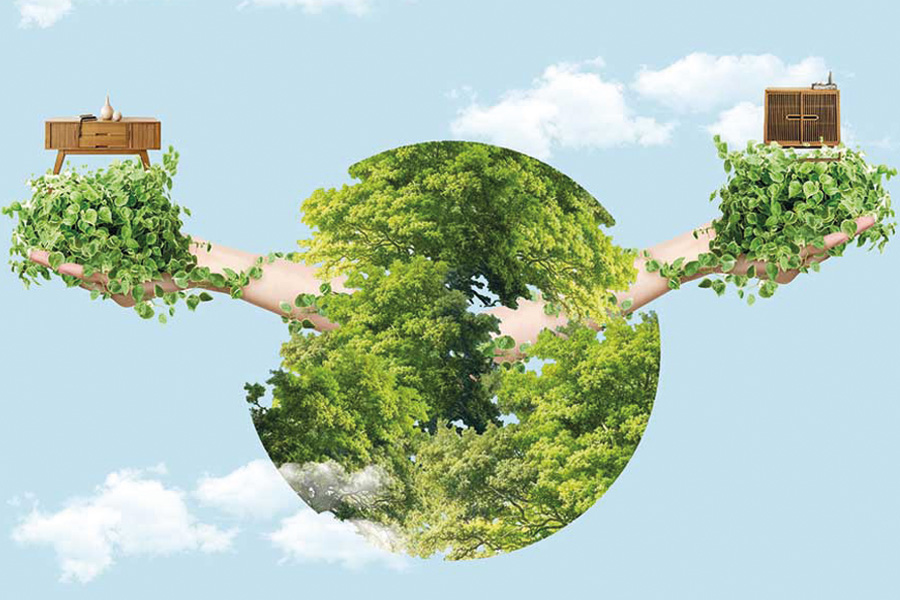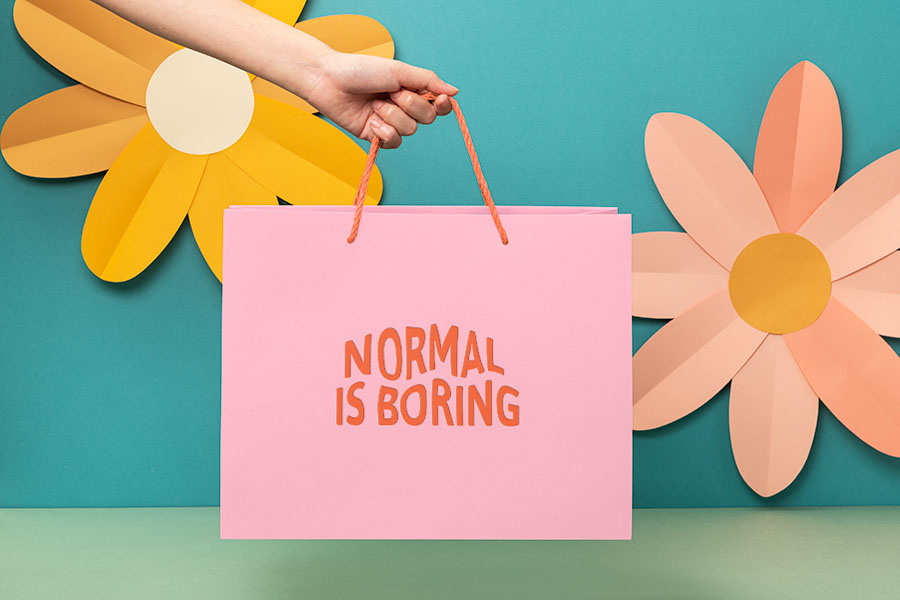While B Corporation certification has been around since 2007, shifts in business models alongside the major social shifts has seen a rise in interest and certification of businesses signing up. Certified B Corporations, or B Corps, are companies verified by B Lab to meet high standards of social and environmental performance, transparency, and accountability.
In a nutshell the strap line says it all: to harness business as a force for good.
Let’s make it clear right from the start, this is all still about business and making a profit, but what B Lab is saying is that profit doesn’t have to be, and in fact shouldn’t be, at the expense of others. The fundamental difference between a B Corp certification and other labels is that there is a stringent process you need to go through to qualify. It’s not something you can claim to be without having the facts and data to back it up. While it might be easy to talk about donations to charity, fair trade and going organic without a huge amount of factual reinforcement, the same cannot be said for B Corp certification.
It is this process that is referenced in ‘the bad’ in the title – but it comes with a good flipside. It is the bureaucracy and time involved that, everyone is quick to point out, is part of the certification but which also adds inherent value.
One of the founder members of the B Corp movement in the UK is sustainable luxury brand Elvis & Kresse. Discussing both the Elvis & Kresse brand and the B Corp certification on this podcast, founder Kresse Wesling had this to say: “ If it wasn’t difficult, the certification would be meaningless”. She also pointed out the value of being part of a community of like-minded businesses and the support that comes with that.
With all things B Corporations whizzing around my head, and having seen that they were in the process of registering as a B Corp, I chatted to Rin Hamburgh, founder and director of Bristol copywriting agency Rin Hamburgh &Co, asked her to share her experience of the process.
“We started on the B Corp journey because we wanted a way to put our values into practice and challenge ourselves to meet external sustainability standards. Because we’ve not done anything like this before and because we’d heard that it can be quite an arduous process, we decided to get some support from a local consultancy called Business on Purpose.
They really helped us to approach the process methodically and break down the work into more manageable sub-projects. The regular online meet ups have been a great way to keep ourselves accountable and motivated, and network with other businesses on the journey, too.
Our first attempt at doing the impact assessment wasn’t especially encouraging because, although there were so many positive things we were already doing as a company, they weren’t formalised in our policies. Our mentor helped us to review our policies, our governance and how we as a company have an impact on the environment and our local community, making sure our words aligned with our actions.
Now we’re going through probably the most challenging bit which is gathering the evidence we need in order to submit our application. It will absolutely be worth it though. To know that we are achieving a degree of sustainability in our business and that we have a roadmap to continue to increase that impact is a great feeling.”
The ‘good’ in this process is clear as it is the basis and building blocks of the certification. It is about interdependence, it is about community, there is really nothing, as far as I can see, that isn’t positive about the B Corp movement. The move from Shareholder Values vs Stakeholder Values is one that is taking traction with the past few years of fundamental social change seen through the pandemic and then underscored by the ongoing conflict in the Ukraine, environmental crisis and other social concerns across the planet.
“The B Corp movement is one of the most important in our lifetime, built on the simple fact that business impacts and serves more than just shareholders – it has equal responsibility to the community and to the planet.” – Rose Marcario, CEO of Patagonia Works.
While the certification process might be bureaucratic, the guidelines are fairly straightforward: Every member of the B Corp community is given a score based on all the points checked in their application. The areas examined are Governance, Workers, Community, Environment and Customers. The minimum score for acceptance is 80. And it is not just about the products – as in other certifications – it is also about company practice and people.
It is certainly worth going down the online B Corp rabbit hole to find out more from people and organisations who have experienced it first hand. New Zealand based recruitment agency KIN had this to say on the process: “The detail is exacting, the supporting documentation and evidence is comprehensive, and even the language is often not easy to interpret. We started and stopped our application process twice before we realised we needed a hand to navigate our way through.”
Another company that is registered is Finisterre, who have outlined the idea and the process in blog post on the website.
While it is important for the global economy that the big hitters get on board with this ethos for it to have a far-reaching impact, it is in many ways the small and medium businesses that have the most to gain.
A lot of small businesses would have had the principles embedded in the B Corporation requirements in their makeup from the beginning, as the small, creative business is often inherently more people focussed and socially conscious – not always but often – and B Corp is a way of acknowledging this. It can then become a positive tool to provide more visibility for businesses already following this model, and in the midst of what is being called a ‘greenwashing revolution’, B-Corp certification can be the difference.
You can be a business and do good and still make a living – just not at the expense of the planet and other people.
Written by Pauline de Villiers Brettell
READ ANOTHER ARTICLE FROM OUR CREATIVE ADVICE










